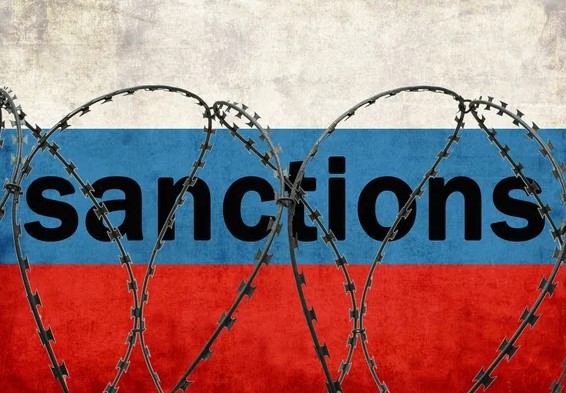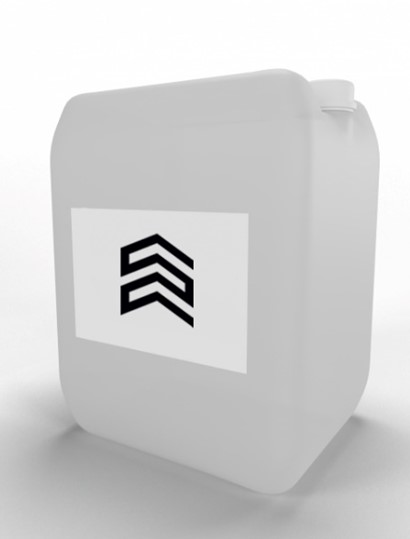"VTB Armenia" announced restrictions on the acceptance of "Mir" cards in the country's banks

 Rapid tests PIONER 5 in 1 for the determination of sulfonamides, tylosin, tilmicosin, lincomycin, erythromycin, fluoroquinolones
Rapid tests PIONER 5 in 1 for the determination of sulfonamides, tylosin, tilmicosin, lincomycin, erythromycin, fluoroquinolones PIONEER MEIZHENG BIO-TECH (5 in1) JC1165 / Rapid tests for the determination of the residual amount of halofuginone, flavomycin, novobiocin, flunixin, dexamethasone / prednisolone in milk, whey
PIONEER MEIZHENG BIO-TECH (5 in1) JC1165 / Rapid tests for the determination of the residual amount of halofuginone, flavomycin, novobiocin, flunixin, dexamethasone / prednisolone in milk, whey
Cards of the Russian payment system "Mir" will stop working in ATMs and POS terminals of most banks in Armenia from March 30, 2024 , with the exception of the infrastructure of VTB Armenia Bank (a subsidiary of the Russian VTB). A representative of VTB Armenia told RBC about this. Now Mir cards work in Armenia and are accepted by local banks. An RBC source in the Russian payment market also speaks about the imminent cessation of the work of Mir cards in most banks in the country.
“Starting March 30, users will no longer be able to make cashless payments at POS terminals and withdraw cash from ATMs of other banks in the republic. This will not affect the operation of VTB (Armenia) cards in any way,” said a representative of VTB Armenia. He added that the bank continues to service Mir cards in full.
“Holders of Mir cards from VTB Group banks and any other Russian banks still have access to key services: cash withdrawals from VTB ATMs (Armenia), payment for services in online banking, online purchases (if the service supports Mir cards)” ,” explained a representative of the credit institution. There are 53 VTB branches in Armenia, 22 of which are located in Yerevan. Customers also have access to more than 190 ATMs throughout the country.
“We continue to work with friendly countries to accept Mir cards in their infrastructure. At the same time, each country makes its own decision on accepting these cards,” says a representative of the Bank of Russia.
“The Mir payment system on its side does not limit work with foreign partners. However, the decision to accept Mir cards in the network of their devices is made by banks in other countries independently,” notes the NSPK representative. RBC sent requests to the Central Bank of Armenia and the Armenian payment system ArCa.
In February 2024, the United States introduced blocking sanctions against the NSPK operator. At the time of the introduction of restrictions, Mir cards, in addition to Armenia, worked (depending on the terminal; you could not pay with them everywhere) in Kazakhstan, Belarus, Venezuela, Vietnam, Abkhazia, South Ossetia, Kyrgyzstan, Tajikistan and Cuba. Earlier, for example, the Kazakh Bereke Bank, a former subsidiary of Sberbank, reported the cessation of work with Mir cards.
Read PionerProdukt .by What awaits today's leaders in the anti-obesity drug market - The Economist The death of an owner is not the end of a business: how personal funds protect capital How HR thoughtlessly use the theory of generations. Let's look at examples Google Chrome has started disabling cookies. Review of cookieless technologiesThe joint project of NSPK and Armenian Card (operator of the Armenian payment system ArCa), within the framework of which Mir cards are accepted in the country, has been developing since 2016, when a corresponding agreement was signed between NSPK and ArCa. It was created so that the national maps of Russia and Armenia would be mutually accepted in the infrastructures of the two countries: ArCa cards in Russia, Mir cards in Armenia. As a result, Mir cards began to work in Armenia in 2017, and a number of Armenian banks began issuing co-branded ArCa-Mir cards. VTB Armenia also issues Mir cards.
NSPK was created in Russia in 2014 after the introduction of sanctions due to Russia’s annexation of Crimea in case of disconnection of cards of international payment systems. 100% of the company belongs to the Bank of Russia. The first World cards were released in 2015. After the international payment systems Visa and Mastercard left Russia in March 2022, and their cards stopped working abroad, Mir became an alternative for non-cash payments abroad. However, the network for accepting these cards is much more limited than the network for accepting cards from international payment systems. According to the Central Bank, at the end of 2023, Russian banks issued 287.3 million Mir cards.


























































